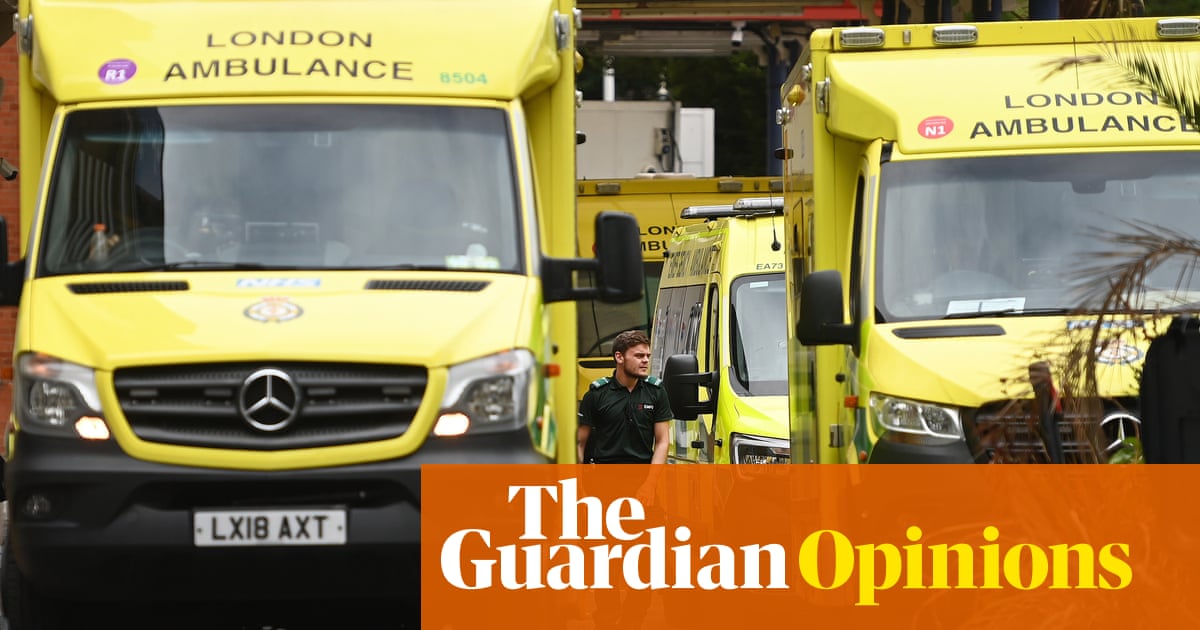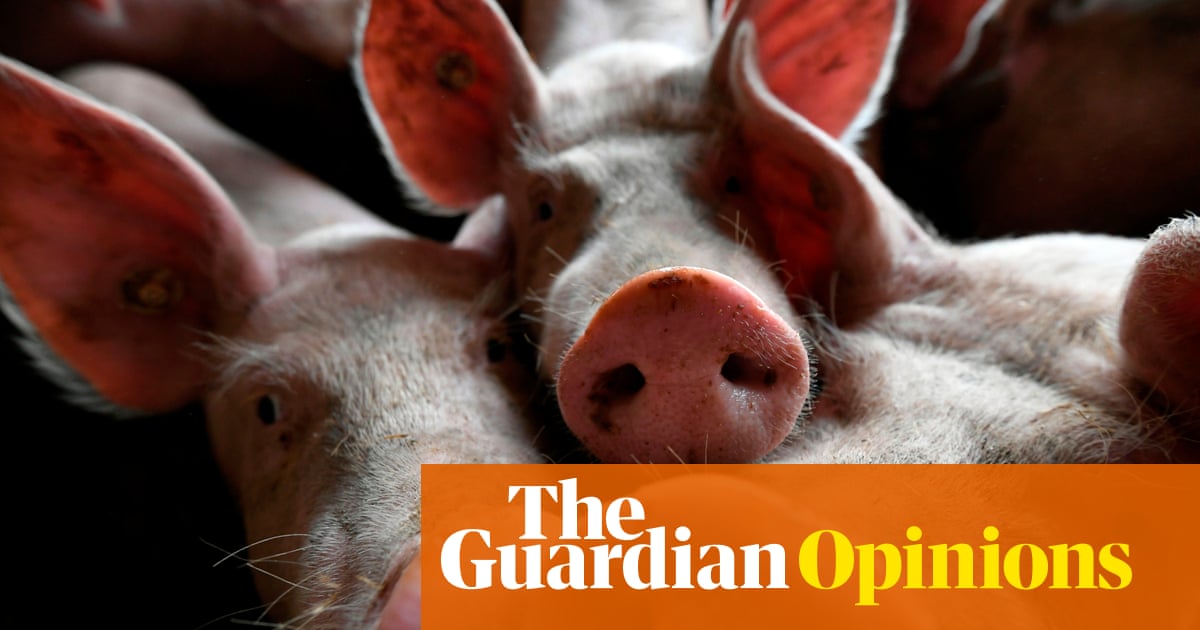
“Ithink Putin will invest Kyiv,” the Nato general told me. For a moment, I thought I had misheard. Then I realised he was using the verb “invest” in the old military sense of surrounding a city without actually occupying it. That single word measures how far we have gone backwards in Europe over the last 15 years: from a world where invest means investing money in a place – to a world where invest means besieging it with an army.
Russian president Vladimir Putin declared his personal war on the west 15 years ago, in his 2007 speech to the Munich security conference. At this year’s conference, from which I have just returned, everyone was struggling to understand how we have come to the verge of what might be the largest war in Europe since 1945 – and whether we can still prevent it. For all the last-minute diplomacy, Russia continues to advance towards major military action. Its propaganda claim of a Ukrainian attack across its border and a theatrically televised evacuation of women and children from the separatist para-statelets of Donetsk and Luhansk are obviously designed to provide a fraudulent justification for Russian aggression. At time of writing, we don’t know exactly what form the next aggression will take, but as German president Frank-Walter Steinmeier said the other day, Russia already has a noose around the neck of Ukraine.
This was the most electrifying Munich security conference I have experienced. It was also marked by a major revival of “the west”, a term – and some would say a thing – that I believe sank into disuse after the end of the cold war. Now everyone lined up to proclaim the unshakeable unity of Europe and North America. US secretary of state Antony Blinken sat on stage next to German foreign minister Annalena Baerbock, Nato secretary general Jens Stoltenberg side by side with European Commission president Ursula von der Leyen, and all declared there was not the thickness of a piece of paper between them.
But this is a different “west” from the geopolitical alliance of the cold war. Thanks to the enlargement of the EU and Nato to include the Baltic states, Poland, Slovakia, Hungary and Romania, this resurrected west now stands on the western frontiers of Russia. Voices are once again heard saying that the enlargement of Nato was a big mistake, supposedly provoking Putin’s reaction. But where would Estonia be today without the hard security provided by Nato? Answer: out in the cold with Ukraine, in a dark limbo of insecurity. The clearest message from Munich was that Nato is determined to defend every inch of the territory of its eastern members. The citizens of Narva, an Estonian city right on the frontier of Russia, can sleep more easily in their beds, as no Ukrainian can.
At a “Ukrainian lunch” in Munich, Dmytro Kuleba, Ukraine’s foreign minister, laid out what his country wants: weapons, diplomacy, sanctions, economic support and a clear perspective of eventual EU membership.
The weapons issue still divides the west. The US, Britain, Poland and the Baltic states supply defensive weapons to Ukraine; Germany does not. I have seldom received so much abuse online as I did for a Guardian column I wrote seven years ago, in February 2015, arguing for the supply of defensive weapons to Ukraine at a time when Putin’s armed forces had intervened directly in the Donbas region to push back the Ukrainian army from its own territory. Now I ask: what if we had done more over these seven years to help Ukraine build up its own military resilience, in the interests of deterrence, making itself indigestible for the Russian bear?
This is not just a historical “what if?”. Whatever happens in Ukraine over the next days and weeks, the issue of the morality and practicality of defence assistance will not go away. Behind it lies the larger question of whether Europe is prepared to marshal hard power to defend its own liberal order, in the face of Russian aggression in Europe and what may, after the next US presidential election, once again be American regression from Europe.
Meanwhile, there are all the non-military measures. When it comes to these, Germany is Europe’s central power, followed by France and Britain. Germany has done more than anyone else in Europe to give economic support to Ukraine. German chancellor Olaf Scholz handled his Moscow summit with Putin well and delivered a clear message in Munich about the costs Russia will face in the event of an invasion. “Let us stick together,” he said, switching to English for emphasis.
The biggest test of this “sticking together” will come if Putin stops short of an outright invasion, instead confining himself to coercive diplomacy, cyber-attacks and the recognition of the Donetsk and Luhansk so-called people’s republics which he announced on Monday. Then cracks in western unity might open up, with Germany perhaps tempted to continue with the Nord Stream 2 gas pipeline from Russia.
In the event of an actual armed incursion, there would be an initially united response on sanctions, but how effective would those sanctions be and how long could they be sustained? In Munich, I learned from the Belarusian opposition leader Sviatlana Tsikhanouskaya just how many loopholes the west has left in its supposedly comprehensive sanctions on the regime of the Belarusian dictator Alexander Lukashenko. Putin has built up more than $600bn of financial reserves and done other pre-emptive sanction-proofing. In any case, a power that is prepared to use violence without hesitation has an escalation advantage over powers that forgo the use of force. As the old Polish saying goes: “We play chess with them, they play kick-arse with us.”
Beyond this lies the issue of our long-term strategy towards the lands between the EU and Russia. Currently, we don’t have one. Scholz said we must not revert to a Europe divided into spheres of influence: “No country should be the back courtyard (Hinterhof) of another country.” But unless you are serious about opening the perspective of EU membership that the Ukrainian foreign minister asked for, knowing full well the process will take many years, this is precisely where you leave Ukraine – in a back courtyard, with a notorious gangster living over the entrance.
For now, at what may well be the 59th minute of the 11th hour, the question is whether there is anything we can still do to avert yet another bloody tragedy in a part of our continent that has already suffered far more than its fair share of tragedies. By the time you read this, it may already be too late.
Timothy Garton Ash is a historian, political writer and Guardian columnist










